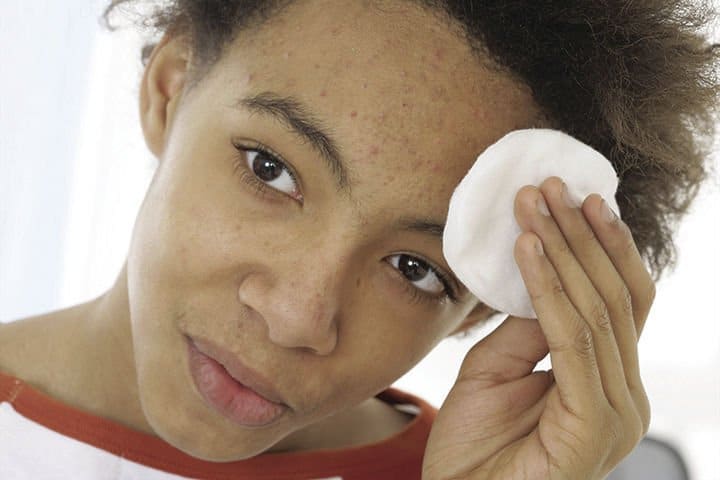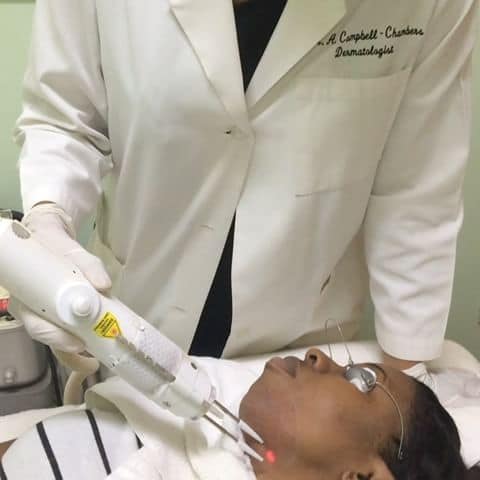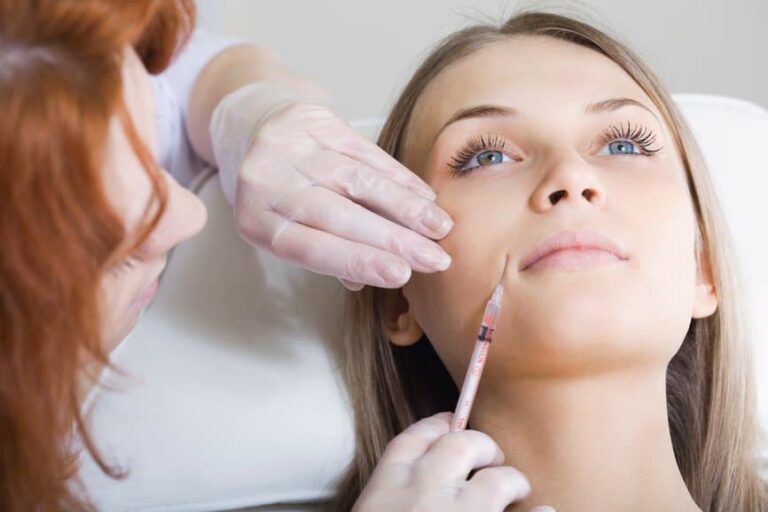According to Charity Wampler, practice manager at Advanced Dermatology and Skin Cancer Center in St. Joseph, adult acne is fairly common.
“It is more common among women due to hormonal changes,” Wampler says. “Acne can occur in your 30s, 40s, and even 50s. Dermatologists call this adult-onset acne.”
“If you suspect you have acne, you should see a dermatologist,” Wampler says. “There are other skin conditions that can mimic acne such as rosacea, folliculitis, and perioral dermatitis.”
There are a few steps you can take to reduce your risk of developing acne that is not caused by a medical condition. Cleanse your face morning and night. Use oil-free or non-comedogenic products. And try to minimize stress, which is easier said than done, especially when the acne you get from stress causes you more stress.
The American Academy of Dermatology states researchers have found a relationship between stress and acne flare-ups. In response to stress, our bodies produce more androgens (a type of hormone). These hormones stimulate the oil glands and hair follicles in the skin, which can lead to acne. This explains why acne can be an ongoing problem when we find ourselves under constant stress.
Acne that fights past all your attempts at prevention usually can be treated with a combination of oral and topical medications. With a little patience and help from a dermatologist, almost all cases of acne can be cleared up.




